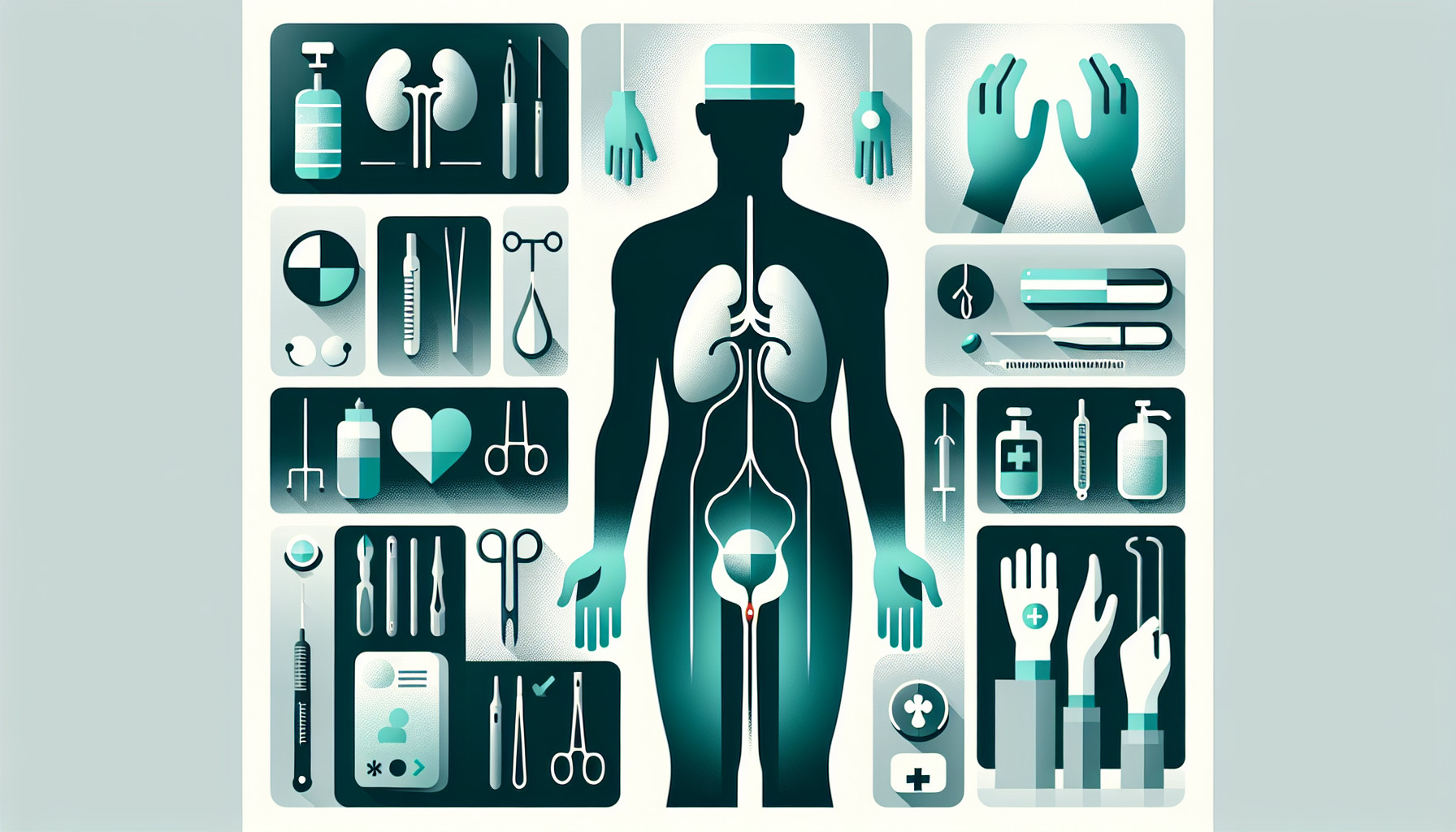Our Summary
This research paper is about the use of partial nephrectomy, a surgical procedure to remove a part of the kidney, in Venezuela. Traditionally, this procedure was used to treat benign kidney conditions, but in the last 20 years, it has been increasingly used to treat localized kidney tumors as an alternative to radical nephrectomy, which involves removing the entire kidney.
The study conducted a survey among urologists and medical residents to understand their views and practices regarding partial nephrectomy. Out of the 71 respondents, most were from Caracas and were urologists with 1 to 3 years of experience. The majority of them worked in Level IV hospitals, and performed 4 or fewer radical nephrectomies per year. When they had a patient who was a candidate for partial nephrectomy, about 73% of them would perform the procedure.
The survey found that 84.5% of the respondents used partial nephrectomy as part of the treatment for kidney masses. The study concludes that partial nephrectomy is increasingly being used not just when absolutely necessary, but also to preserve kidney function and improve the patient’s quality of life. However, laparoscopy, a less invasive surgical technique, is not the most commonly used approach.
FAQs
- What is a partial nephrectomy and what conditions is it traditionally used to treat?
- What percentage of urologists and medical residents in the study would choose to perform a partial nephrectomy when the patient was a candidate for the procedure?
- What surgical technique is most commonly used for partial nephrectomy according to the survey results?
Doctor’s Tip
A helpful tip a doctor might tell a patient about nephrectomy is to discuss the possibility of a partial nephrectomy with their healthcare provider. This procedure may be a suitable option for certain patients with kidney tumors, as it can help preserve kidney function and improve quality of life compared to a radical nephrectomy. It is important for patients to have open communication with their doctor to explore all treatment options and make an informed decision about their care.
Suitable For
Patients who are typically recommended nephrectomy include those with localized kidney tumors, particularly those with small tumors that are less than 4cm in size. Additionally, patients with benign kidney conditions such as renal cell carcinoma, renal cysts, or renal cell adenoma may also be recommended for nephrectomy. Patients who have failed conservative treatments for their kidney conditions or who are at high risk for developing complications from their condition may also be candidates for nephrectomy.
It is important for healthcare providers to carefully assess each patient’s individual case and determine the most appropriate treatment plan, which may include partial nephrectomy as an alternative to radical nephrectomy. The decision to recommend nephrectomy should take into consideration the patient’s overall health, kidney function, and the size and location of the tumor or condition.
Timeline
Timeline before and after nephrectomy:
Before nephrectomy:
- Patient undergoes diagnostic tests such as blood tests, imaging scans (CT, MRI), and biopsy to confirm the presence of a kidney tumor.
- Patient consults with a urologist to discuss treatment options, including partial nephrectomy.
- Patient may undergo preoperative preparation such as fasting, stopping certain medications, and possibly bowel preparation.
After nephrectomy:
- Patient is monitored closely in the hospital for complications such as bleeding, infection, or fluid collection.
- Patient may experience pain and discomfort at the surgical site, which is managed with pain medication.
- Patient is gradually introduced to a normal diet and encouraged to walk and move around to promote healing.
- Patient may require follow-up visits with the urologist to monitor kidney function and overall recovery.
- Patient may experience long-term effects such as decreased kidney function, increased risk of chronic kidney disease, and potential need for dialysis in the future.
What to Ask Your Doctor
Some questions a patient should ask their doctor about nephrectomy include:
- What is the reason for recommending a nephrectomy in my case?
- Are there any alternative treatment options to nephrectomy?
- What are the potential risks and complications associated with nephrectomy?
- How will my kidney function be affected after the surgery?
- How long is the recovery period after a nephrectomy?
- Will I need any additional treatments or follow-up care after the surgery?
- How experienced are you in performing nephrectomy procedures?
- Will the surgery be performed using laparoscopic or open surgical techniques?
- What are the chances of the kidney tumor returning after a partial nephrectomy?
- What lifestyle changes should I make after the surgery to maintain kidney health?
Reference
Authors: Lavi Polar J, Espinoza AR, León R, Hernández M, Cruz G, León A. Journal: Arch Esp Urol. 2019 Jul;72(6):581-589. PMID: 31274123
